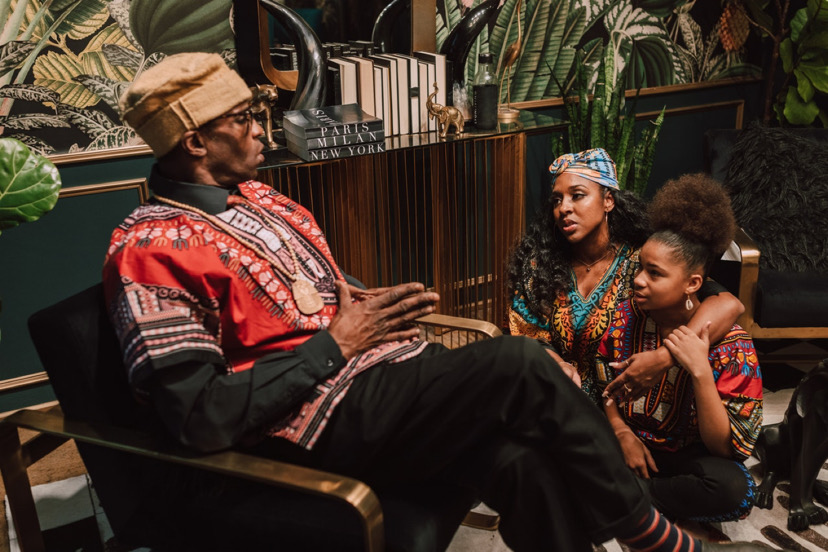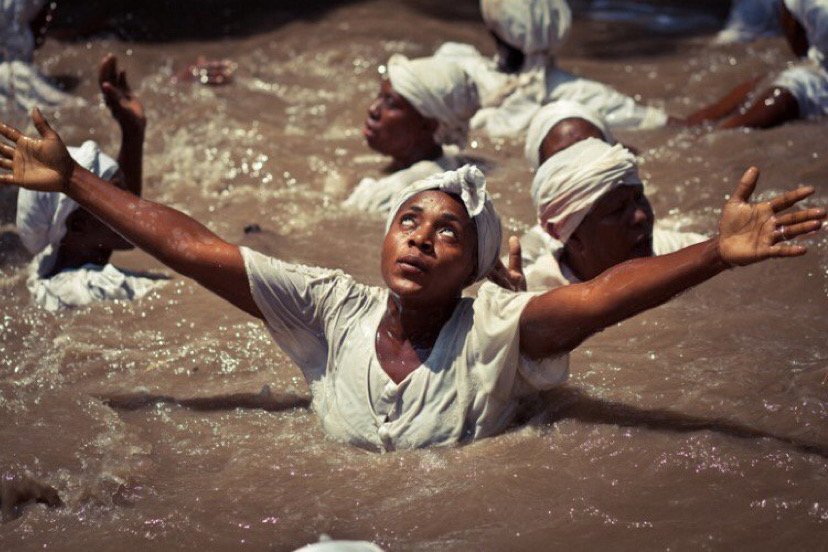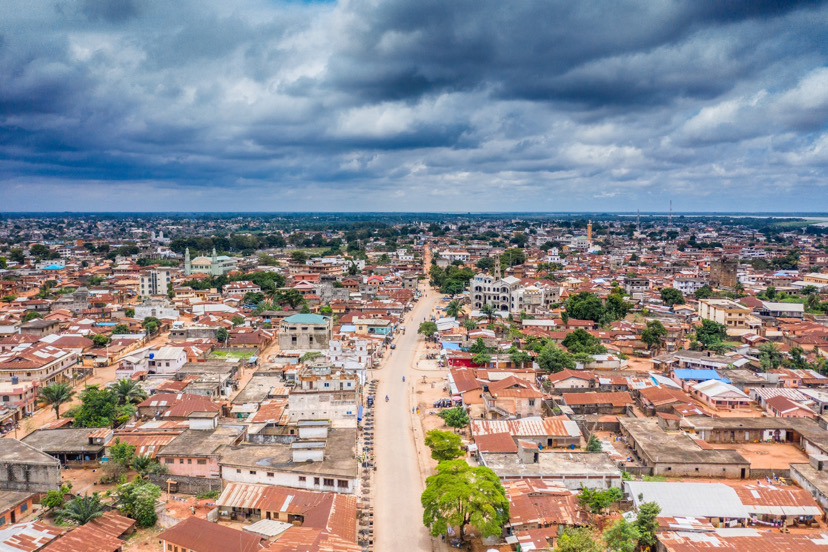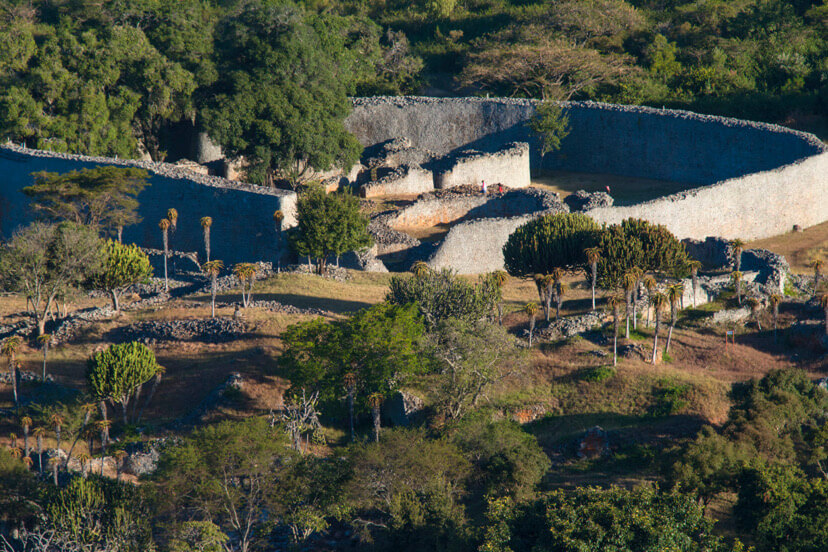I'm a third year Law undergraduate at the University of Ilorin, Ilorin Nigeria, whose love for Art and Literature is immoderate. I'm a reader who is learning to be a writer. I have read across Motivation, Biographies, Politics and Leadership e.t.c. Writing to me is a key to set oneself free from emotional challenges of life and a means to paint one's world with words in many colours and styles. I'll never be satisfied with whatever I become without a "Writer" in it.

Who chooses the 8th of March to be the day for celebrating women? That is one of the questions that has been lurking in my mind for the past few days. Another one is how did it start? The tradition of choosing a calendar date to celebrate a particular set of people or a particular thing? How did it all start? These are the questions that kept agitating for answers inside my mind and part of why I chose to write this piece.
Talking about women, they are important and are like many other creatures of God with an important role in the world. Their importance to me makes them seem to deserve being celebrated than for just a day. Celebrating any deserving human should be an everyday event in the minds of those who cherish them. And every creature of God should appreciate other creatures for all of us, whether living or nonliving, whether men or women are beautiful in our unique ways.
Women, being special creatures full of the wonders of God, are beings of admiration for a soul that can think—starting from how they house foeti that grow into complete humans and subsequent giving of birth with all the pains that come with that. How children after coming to the world, feed on them for months before they start eating other worldly foods. Despite all this, they are mostly the victims of sexual (and other gender-based) violence. According to an article -- "Violent against women" -- published on World Health Organization's (WHO) website, 1 in 3 women are being sexually abused globally.
These reasons, among others, make it sometimes feels like celebrating women is a way our world says sorry for the atrocities it has made them experience. Because, generally, women are to be seen in a particular manner that their male counterparts could not be seen. Their anatomical structures also could testify to this, for they are the ones with not much muscle, no huge chest but soft breast, no tick neck, and a hole between their legs for the stick of men to penetrate. And while talking of physical strength, a study on https://www.sciencedaily.com/ posits that "it's already known that males' upper bodies, on average, have 75% more muscle mass and 90% more strength than females'. But it's not known why."
All these show me that women are worth celebrating, while it is a sign of weakness to others. These facts, which are structural evidence that nature consents to their being seen as weaklings, have become a constructive mental leash and hindrance to their psychological freedom for a very long time until recently. What about religion too? Most religions preach submission in one way or another to women towards their husbands while advising men to take care of them, to treat them gently with respect and love as if they are something that can break. Men too need care. Lol!
These are misconceptions that indirectly show that women are weak, which I would advise them to break the bias -- to avoid.
While going through the history of how the celebration of International Women's Day started, I realised that it arose in response to an act of confidence exhibited during the Socialist Labour and Women's Suffrage Movement of the early 20th century. The celebration was motivated (according to the post on https://www.washingtonpost.com) as a result of a walk to rally for better wages, among other things as workers. The point I'm making here is that it would have been seen as another regular act if it had been men who did that. But it's done by women? Wow, unbelievable! Yes, that's the kind of expression that follows. Why? You answer that yourself.
Another instance is in the legal profession. As a student in this area, I have seen some female lawyers addressing other females as gentlemen in skirts. This is an implied way of equating themselves to the male, probably as a reasonable man would have thought because they believe being referred to a man is honourable. Also, from where I was raised, when a woman does something heroic, people describe her as "obinrin bi okunrin", that is, a woman like a man, as if only men are meant to do praiseworthy things. All these have to stop if we are ready to break the bias.
Another famous instance is when it comes to particular applications, whether for scholarships, fellowships, mentorships and others like that, we see instructions like "women are strongly encouraged to apply", while in most cases physically challenged too usually have such privilege. We can understand if this is because of gender equality as one of the agenda of Sustainable Development Goals (SDGs), but if care is not taken, as helpful as that might seem, it may further lead to the creation of marks of unhealthy competition and hatred between two genders.
On a final note, I believe we can actually break the bias is to minimise the over celebration of women's success, for it makes it (their success) seem unusual. It should not always be the challenges that women face that will be at the forefront of global discussion, but the focus should instead be on general challenges facing both genders so as to create a better world. Because while striving to make the world better, we should not fail to maintain balance to create a friendly relationship between genders.











{{username}}{{commentConvertedTime}}
{{commentText}}